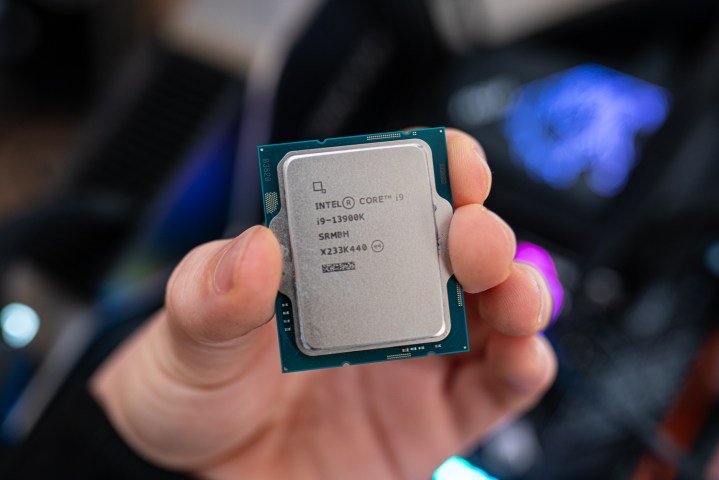
When it rains, it pours, at least for Intel — or rather, its customers. As first reported in February, Intel’s best CPUs have been crashing for months now, and the uproar that was previously limited to gamers is now spreading like wildfire to data centers and game studios. This time, Alderon Games, the studio behind Path of Titans, made a strong statement about the problem. The studio claims that Intel’s 13th and 14th-gen CPUs have a “nearly 100%” failure rate, and as a result, Alderon Games is switching all of its servers to AMD.
Alderon Games didn’t mince words in its statement, making it clear that there’s something wrong with Intel’s latest desktop processors. While mostly associated with consumer PCs, these CPUs are powerful enough to run game servers, too, and the lack of a fix over the last few months has become a problem for the company. Matthew Cassells, the founder of Alderon Games, mentioned issues such as crashes, instability, and corrupted SSDs and memory, with all of them only occurring on Intel’s 13th and 14th-gen CPUs. Installing new BIOS and firmware updates didn’t solve the problem.
Cassells stated that the game studio found issues in five main areas, including end customers, with thousands of crashes on these CPUs in particular and entire game servers being taken down.
After months of relative silence from Intel, and no fix in sight, Alderon Games is cutting all ties. “To prevent further harm to our game, […] we are swapping all our servers to AMD, which experience 100 times fewer crashes compared to Intel CPUs that were found to be defective.” Cassells also warned others: “We advise anyone hosting Path of Titans servers or selling game servers to avoid purchasing or using 13th- and 14th-gen Intel CPUs.”
Only yesterday, we reported on how YouTuber Level1Techs looked into crash reports from two games, finding that out of a total of 1,584 decompression errors, 1,431 occurred on Intel’s 13th- and 14th-generation processors. As a comparison, there were only four reports for AMD CPUs.
Due to these persistent crashes, data center providers now charge a massive premium for maintenance on Intel-based servers. Meanwhile, an unnamed game developer claimed that they might lose over $100K in lost players due to game crashes that were reportedly caused by Intel’s faulty CPUs.

This isn’t a good look for Intel, and it doesn’t help that the only real way to fix the issue is to send the CPU in for a replacement. (Before you do, check out our guide first.) It’s hard to say how easy it’s been for customers to get their replacements and refunds, though. Areej Syed of Hardware Times reported that the publication had to RMA (return materials authorization) the Core i9-13900KF twice.
The second unit that Intel sent in actually ran decently well until it started crashing every other minute in The First Descendant. Syed shared an Event Viewer log with a massive 44,242 error events. Despite the CPU being clearly faulty, Intel claimed that a refund was not possible — and that was after it initially suggested the refund to Syed first.
At this point, all we can do is wait for a fix from Intel — a fix that addresses the issue in its entirety. By the sound of it, it had better come sooner than later.




